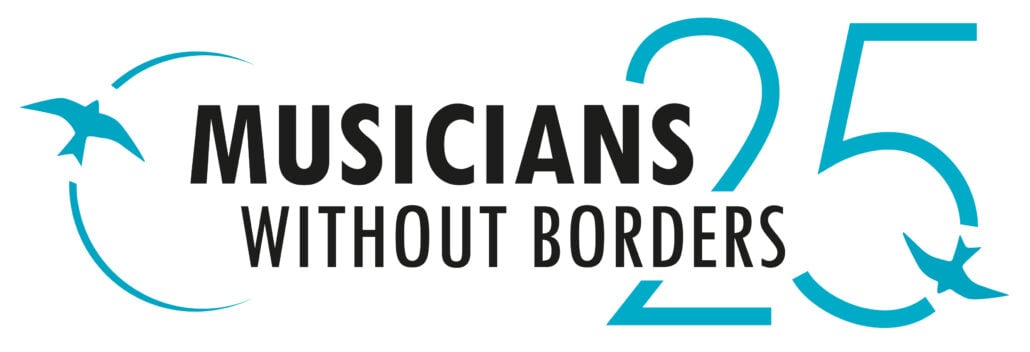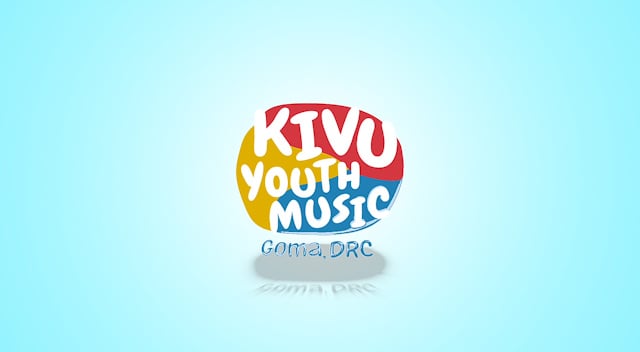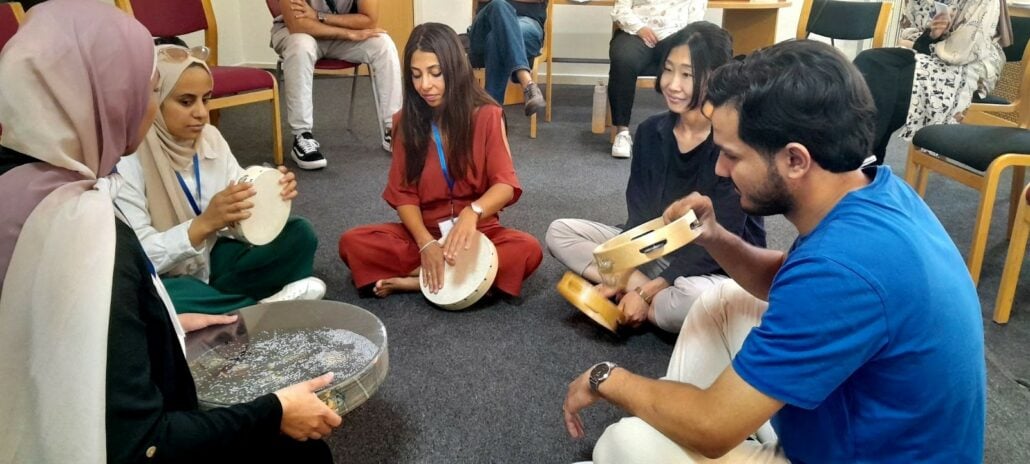Musicians Without Borders
[email protected] · +31 20 330 5012
IBAN: NL43 TRIO 0390 2715 86
Tolhuisweg 1
1031 CL, Amsterdam
The Netherlands
Subscribe to our newsletter
© 2024 Musicians Without Borders · Privacy policy · Terms and conditions · Vacancies














